Why it's important to understand Microsoft and its rivals have different missions
Microsoft, Apple, and Google are three of the world's most influential technology companies. According to many enthusiasts, they're bloodthirsty rivals.
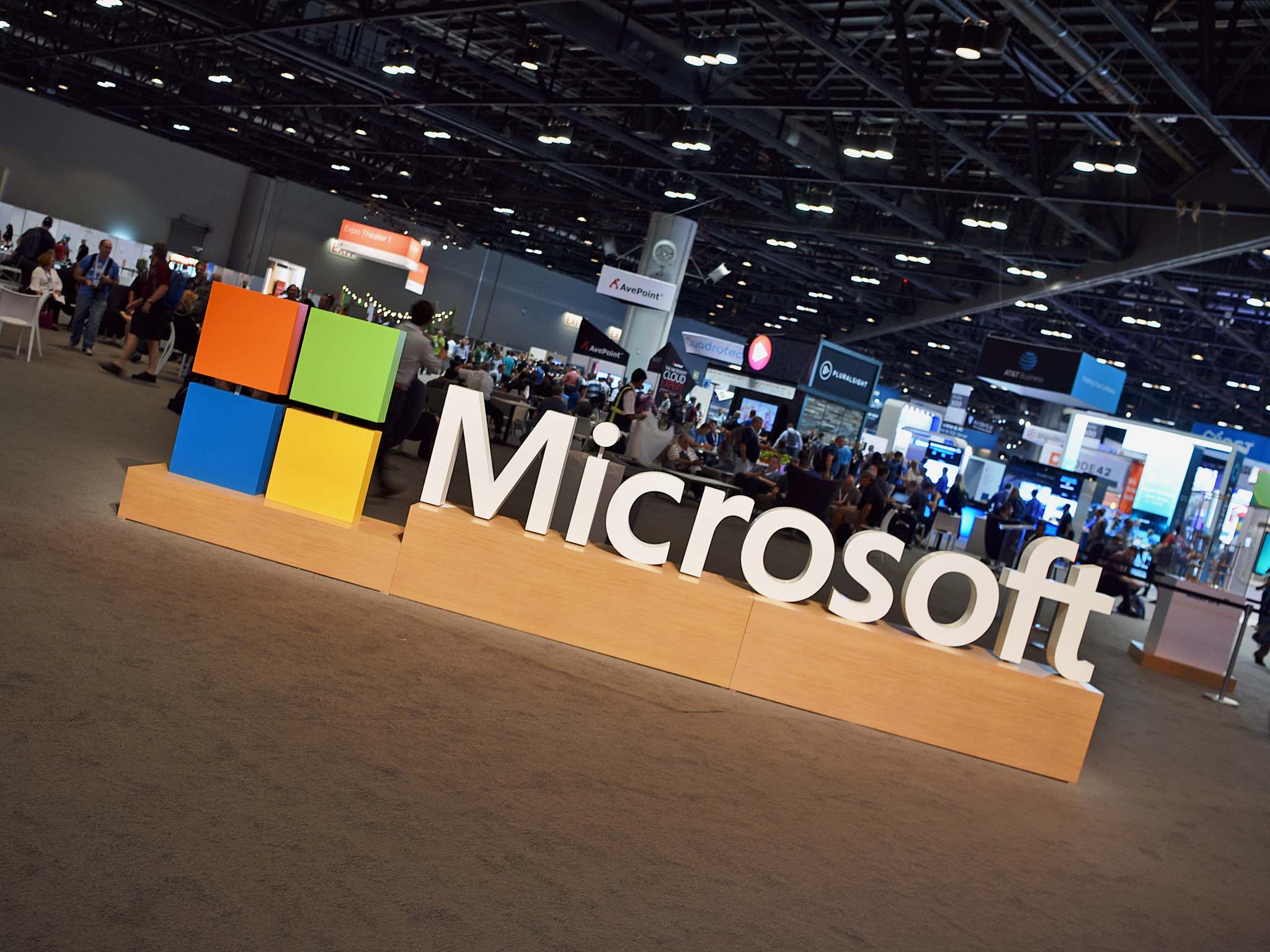
But that's a bit extreme. Though they are rivals, it's more nuanced than that. Consumers can become emotionally invested in products and platforms, but to the companies, it's often "just business".
The intense personal allegiance to companies and their products has a name: fandom. Every company wants fans. The problem that Microsoft faces is the enormous breadth of its business — most fans are limited to a single product or category and few grasp the wide array of other products in Microsoft's portfolio. They see the company as ignoring what is best (from their perspective) without regard for what it means to the rest of the business.
A fan's fallacy
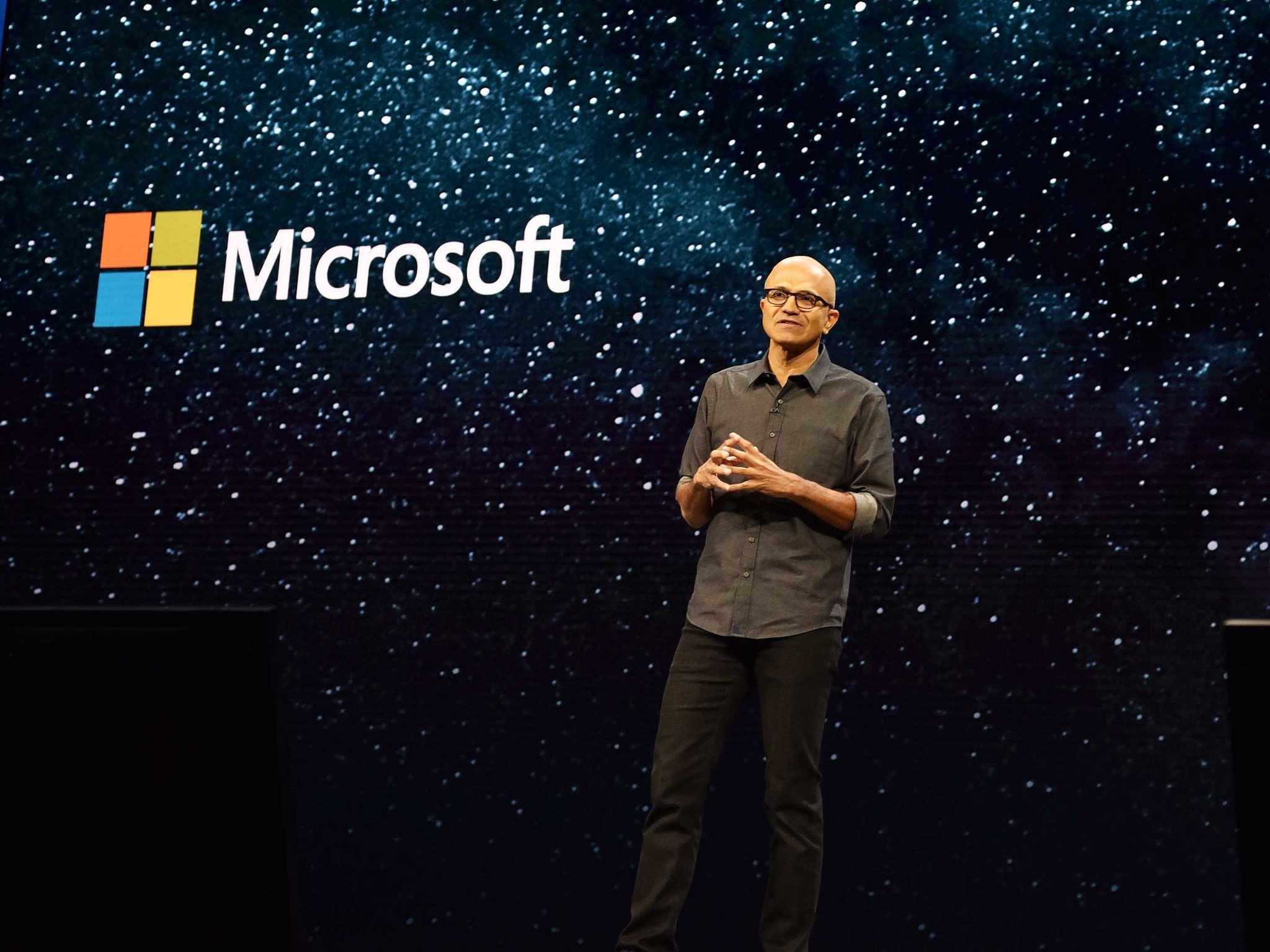
Fans with a distorted view may expect a company to compete and invest in areas that are contrary to its mission just because another company is doing so. Additionally, just because companies may compete in certain industries doesn't mean they have the same mission. Thus, a company is going to be guided by its mission rather than competitors actions.
Like sports fans, tech enthusiasts passionately learn the "players" (CEOs, engineers and division leaders) of the "teams" (corporations) they embrace. They read article after article, contemplate strategies and look for evidence that their team is "winning." Armed with this knowledge, they engage in and sometimes initiate (troll) online squabbles with opposing fans.
The limited category upon which they base their arguments and expectations of success or failure represents just a small portion of what the company does, however. And therein lies the problem.
Shared space, different missions
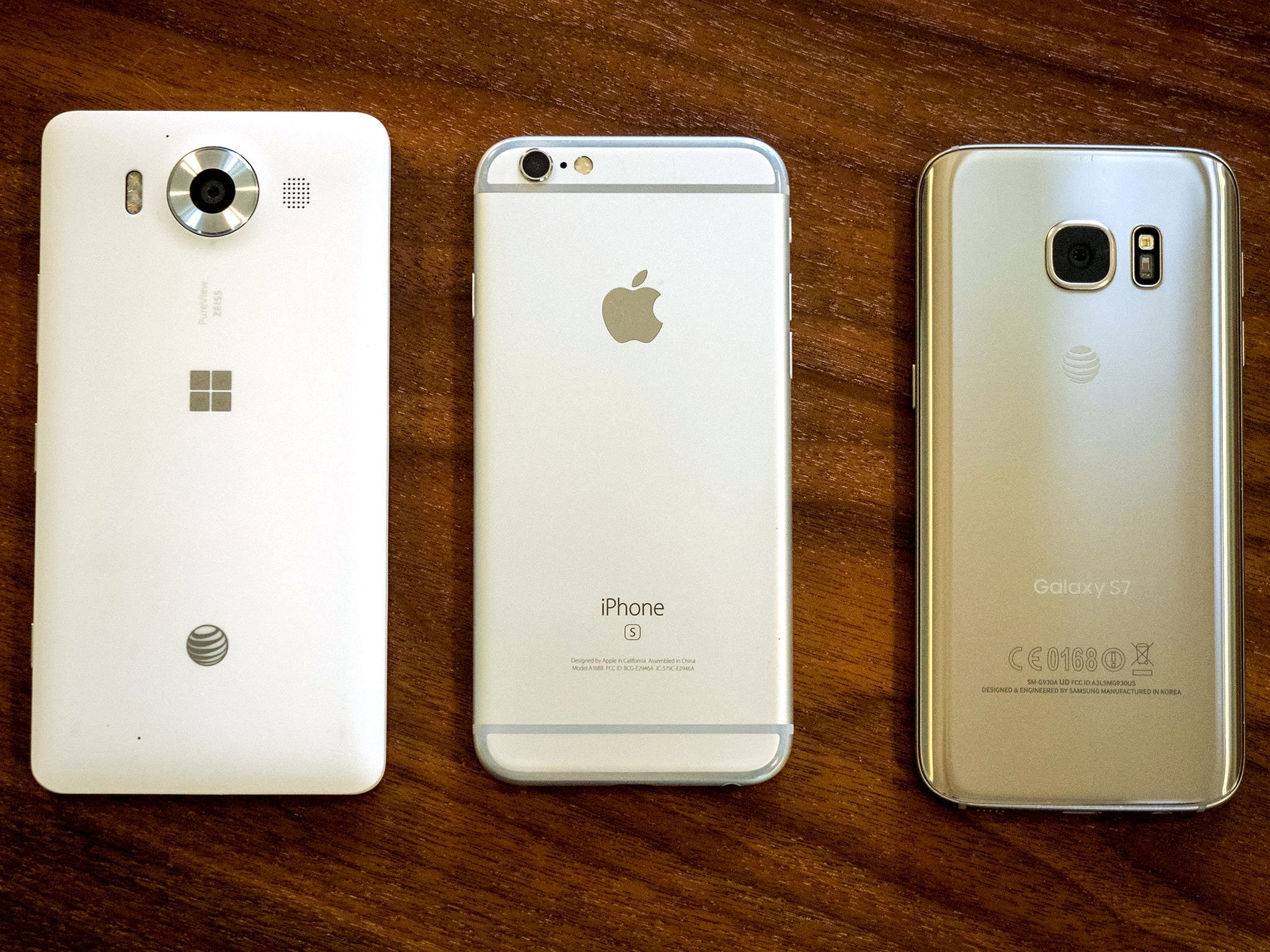
Like the overlapping segments of a Venn diagram, fans contend where companies' missions overlap. Sadly, they begin to see this sliver of commonality as the totality of these companies' missions.
Consequently, their view of what the company is doing and should do revolves around that "sliver" rather than an understanding of the core mission that governs it.
Get the Windows Central Newsletter
All the latest news, reviews, and guides for Windows and Xbox diehards.
Thus, they become easily frustrated when the company's direction conflicts with the limited perception they've allowed themselves to develop. Or when someone offers a perspective that places their area of focus into a broader context. Fans must understand there's often a broader mission governing a company beyond the product that interests them. That said, choices consistent with a company's broader mission can sometimes be harmful to product categories that deserve greater attention.
Microsoft's tools provision mission
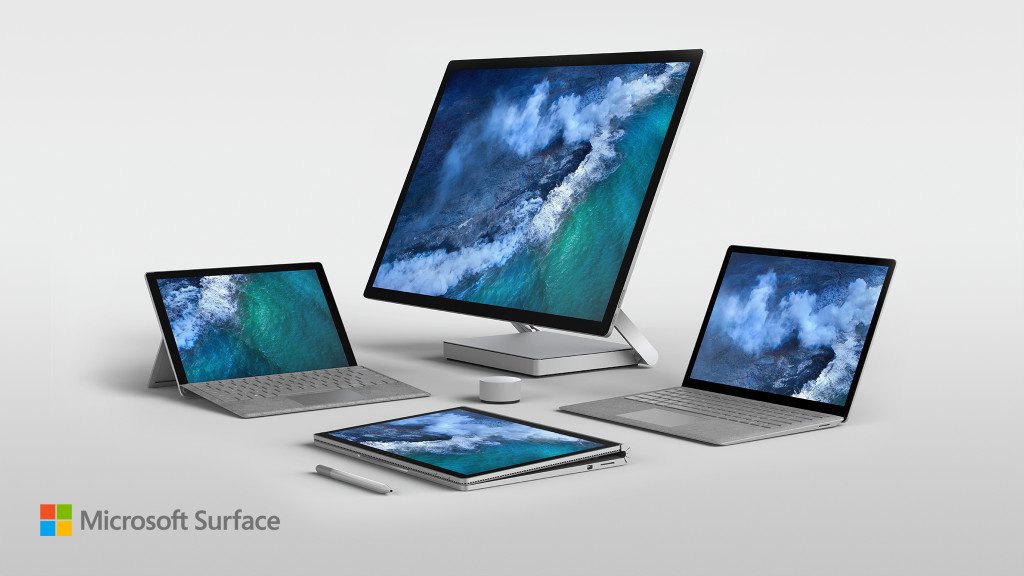
Microsoft defines itself as a "do more" company. It provides platforms and tools to help people create content and technologies that serve industries and individuals.
Microsoft's CEO Satya Nadella said:
Even if it's a consumer product it is a tool … I don't want to take away from whatever success Apple or Google are having. We are very different companies … We are a tool creator, we are not a luxury good manufacturer … We are about creating technologies so that others can build. [With] Surface, we created a premium product ... every OEM should create a lower-priced model. We want to democratize things.
Though this statement encapsulates Microsoft's mission, it may also frustrate some users. Microsoft's history is littered with consumer products that fans have embraced, and Microsoft has forsaken. Nadella's "luxury goods" reference could have been a hint of snark or perhaps "sour grapes" in the wake of Microsoft's failed consumer products.
Microsoft's CEO admits abandoning consumers was a mistake
Microsoft vs. Apple and Google mission
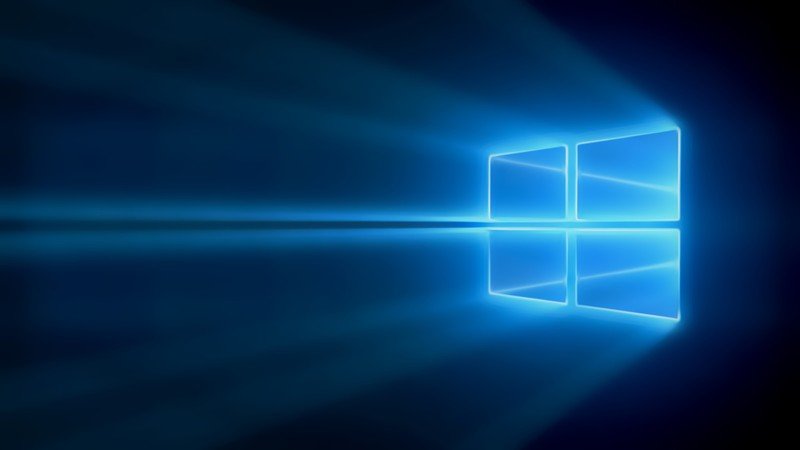
Though Microsoft may delve into consumer products, its goal as a toolmaker is to democratize those tools. Simply put, it sets a standard and expects OEMs to produce diversity, price points, and volume. Unlike Apple, Microsoft's aspirational first-party products are not luxury products. Thus they don't garner the marketing dollars and consumer push Apple's do.
Apple's mission includes:
Macs, the best personal computers in the world... [it] leads the digital music revolution with its iPods .... reinvented the mobile phone with its revolutionary iPhone ... and is defining the future of mobile media and computing devices with iPad.
Apple's mission is to create premiere consumer products. Microsoft's is to provide a "toolbox" for the creation of technologies and to help others do more.
Google's mission is "to organize the world's information and make it universally accessible and useful."
Google is executing this mission via an AI-first objective. Google describes Assistant, its AI digital assistant, as every user's personal Google. As the provider of the world's premier search engine and the company with the most prolific mobile platform, Android, Google is connecting to billions of users and them to information.
A matter of perspective ...
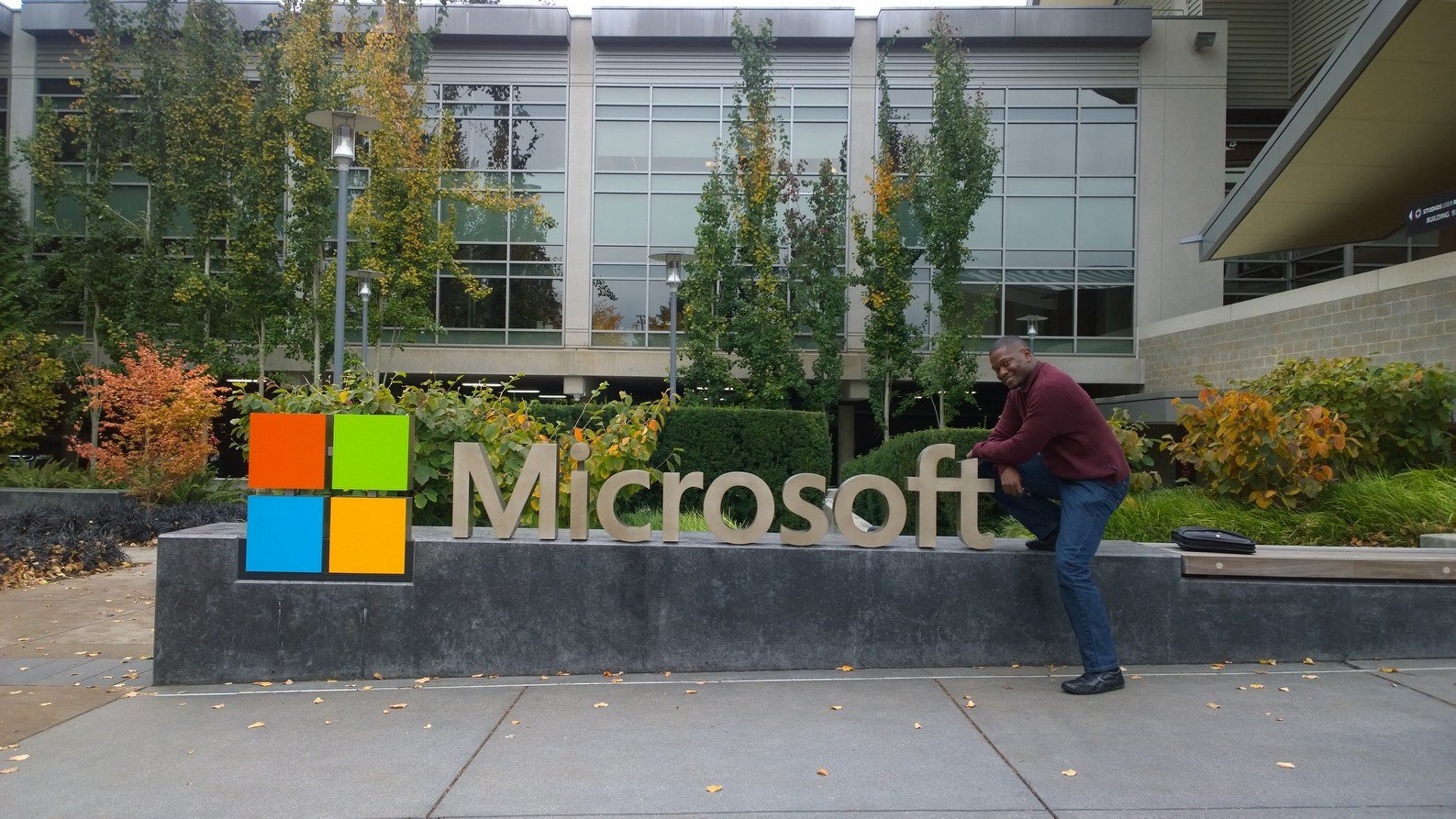
Fans of any platform should remember these differences when contemplating why these companies do what they do. Microsoft will be driven by a goal to provide tools, Apple will strive to create premiere consumer products, and Google will pursue ways to access and connect users to information.
Next time you get upset about Microsoft's lack of focus on consumer products, for better or worse, consider its mission.
Jason L Ward is a columnist at Windows Central. He provides unique big picture analysis of the complex world of Microsoft. Jason takes the small clues and gives you an insightful big picture perspective through storytelling that you won't find *anywhere* else. Seriously, this dude thinks outside the box. Follow him on Twitter at @JLTechWord. He's doing the "write" thing!

